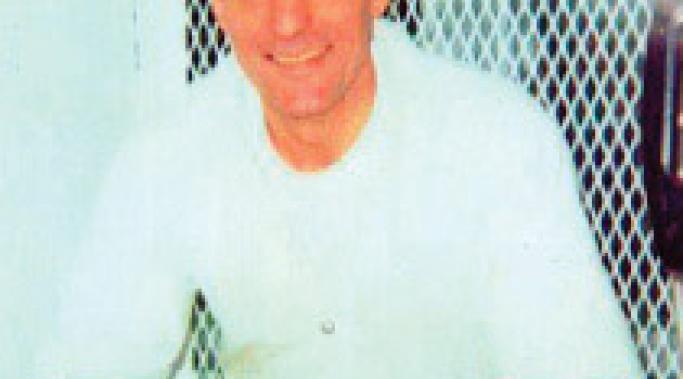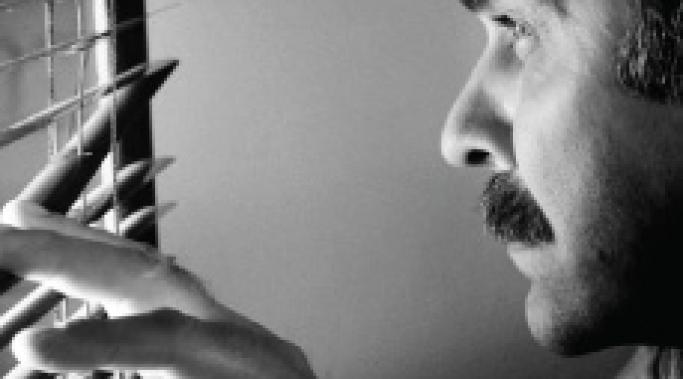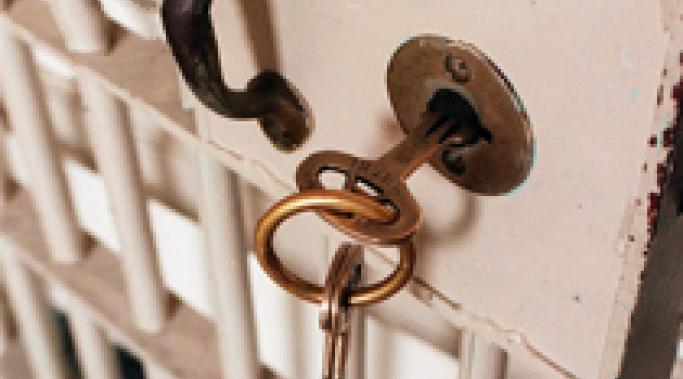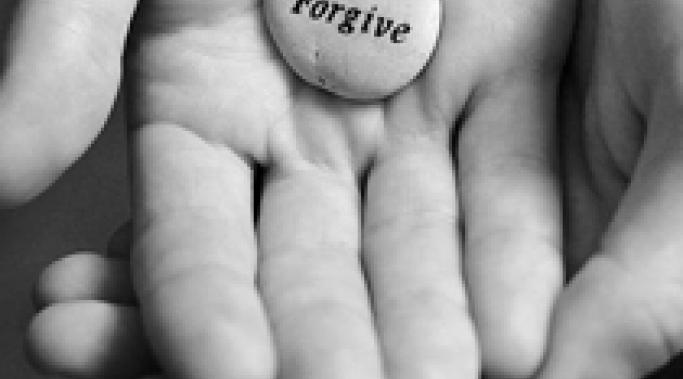Navy veteran, Scott Panetti, was diagnosed with schizophrenia in 1978 and hospitalized 14 times for the disorder. In 1992, he suffered a psychotic break and killed his wife's parents, telling the police that "Sarge" did it and demons were laughing at him. Amazingly, he was allowed to represent himself, and passed up a plea deal that would have saved his life. At his trial, he wore a cowboy suit, subpoenaed Jesus Christ, the Pope and President Kennedy, and argued that only an insane person could prove the insanity defense. He was sentenced to death.
BPD and the Law
Recently I was at Three Carrots vegan restaurant in Indianapolis City Market when I struck up a conversation with a prosecutor. I mentioned the city's mental health court, and she told me it no longer exists. It was phased out after the judge retired. When I expressed my concern, she said she was sympathetic. "I've got a guy right now who needs to be in mental health court. We can't let him go because he has nowhere to live, he needs treatment, and we can't keep him in jail forever . . ." She shook her head, and we both agreed it was sad that the leading provider for mental health services is the Marion County Jail.
My diagnosis varies, depending on who you believe. I remember one nurse practitioner told me I was too meditative and introverted and must have narcissistic personality disorder--no one backed up that "diagnosis," but it's in my file. I'd love to be able to get it removed. But as a borderline personality disorder patient, I have no right to see my file without my psychiatrist's permission. The same applies to past practitioners' notes. Which leads to an interesting question--should psychiatric patients have the right to see their file?
I live in a bad neighborhood, complete with an abandoned house next door. About a week ago, I saw a man with a crowbar and a bag enter the house through the previously boarded-up window. I called 911 to report a breaking and entering (B and E), and the police came out to investigate.
Or so I thought.
I walked outside, identified myself as the caller and prepared to positively identify the suspect. However, the police just looked at the forced-open window and left without saying a word. They didn't even interview me. I later learned that it's not the first time this guy has had the cops called on him--my landlord has called the police, but nothing has been done.
The whole experience has caused my symptoms of borderline personality disorder (BPD) to flare up. It has made me think about what a person with mental illness can do when they witness, or, God forbid, are victims of, a crime.
If you haven't seen Kristen Bell's take on a minimum wage versus a living wage, you need to. But regardless of where you stand on the issue, there's a side that isn't being told--life below the poverty line while on Social Security Disability. Did you know that a person with the maximum disability benefits receives less than a full-time minimum wage earner? Or that 80% of mental health consumers are unemployed?
The Supreme Court ruled 5-4 in Burwell v. Hobby Lobby that an employer does not need to cover contraceptives if it conflicts with a sincerely held religious belief. Some are saying it's a victory for religions liberty, others say it's a startling setback for women. The truth is probably somewhere in the middle. But this is a column about mental illness, and what the recent decision means for mental health consumers. In short, we're in danger.
Sadly, one of my previous posts can be recycled. I wrote about whether or not people with severe mental illnesses should have firearm rights after the events in Aurora, Colorado (Should People with a Mental Illness Have Firearm Rights). Now there's been another killing spree in which mental illness may have been a factor. I would not be surprised if Elliot Rodger had a diagnosis of borderline personality disorder (BPD)--his difficulty in relationships and inappropriate anger are two symptoms of the disorder. It raises the question, "Is locking up people with borderline the answer?"
As a sexual assault survivor, I have an interest in cases of rape that make the news. Recently, here in Indianapolis, a man was convicted of several sex offenses, including rape. But there was no justice--the male judge looked at the victim and told her she had to forgive her attacker and move on, then sentenced her rapist to eight years of house arrest.
That judge has no idea what he asked her to do. But it raises an important question: Can we forgive when there is no justice?
There's a rumor going around that my payee was fired because he was pocketing the money from his clients' Social Security checks. The results have not been pretty. Trust between staff and clients is on the skids, and people are borderline paranoid of losing more money. When someone asked, "Why do they take advantage of mentally ill people like that?", my friend Michael replied, "Because they can." It made me think about what happens when people with mental illness have encounters with the criminal justice system.
The rights of people with mental illness are a developing field. Sometimes court decisions have made things better than us--for example, the law that if in crisis, only the least restrictive means can be used to restrain us. Sometimes, however, court decisions have made things worse. What is in our best interests is not always what the court has ruled is right.









